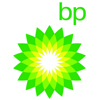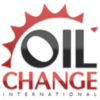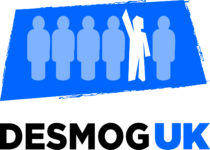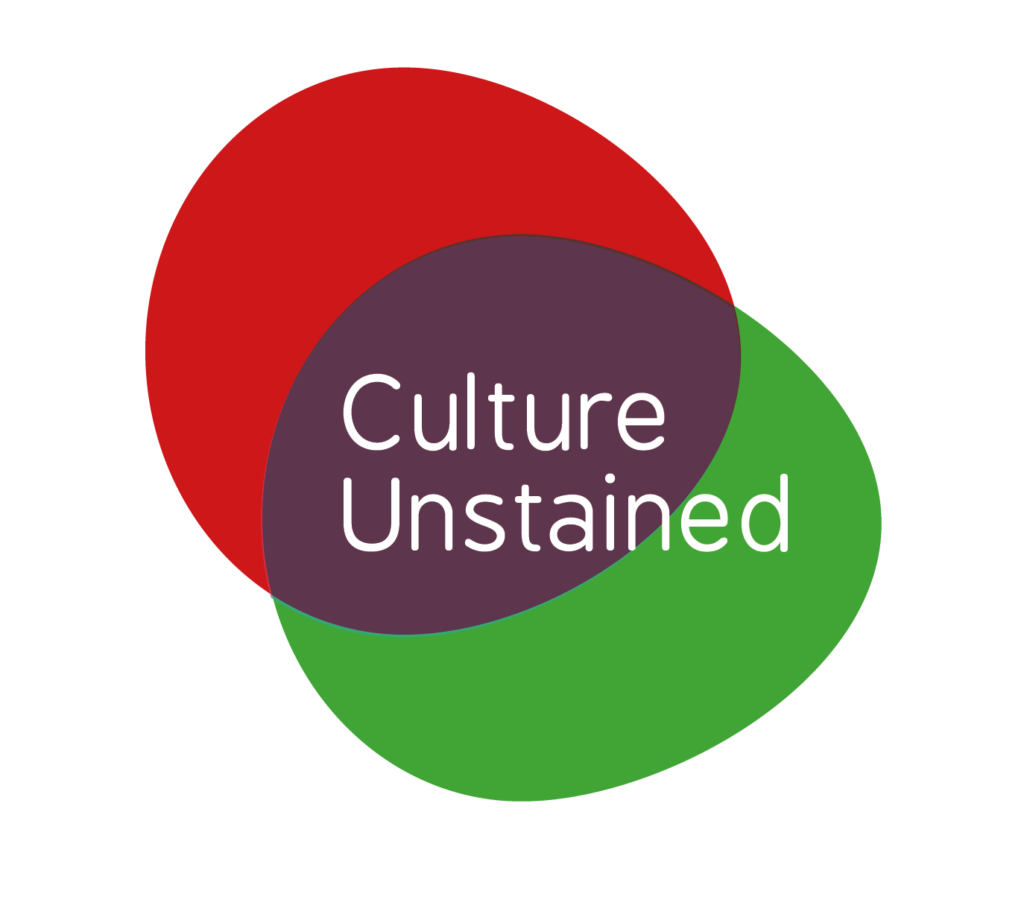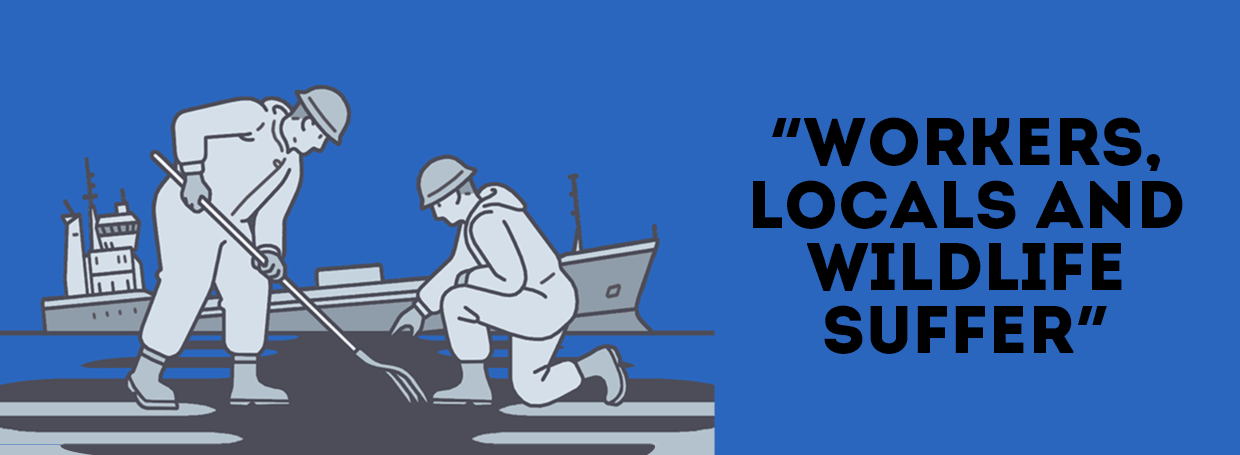
Drilling and spilling
Drilling and transporting oil and gas is a high-risk business. The consequences of getting it wrong can be devastating, including toxic fires, vast oil spills and workers losing their lives. Disasters such as these can impact communities and ecosystems for many decades.
As the easy-to-reach reserves of oil dry up, companies are drilling in more and more high-risk places, including ‘ultra deep-water’ in the Gulf of Mexico, and under the seabed in the treacherous Arctic. Increasingly they are using dangerous methods such as fracking, which involves blasting water and chemicals into the ground, sometimes triggering earthquakes.
One of the biggest risks continues to be oil companies cutting corners as they try to save time and maximize their profits. Spills and disasters have often followed pressure from those at the top to rush projects ahead and ‘streamline’ how things are done. And when things do go wrong, oil companies will find the cheapest way to clean up their mess, which in turn can lead to further harmful impacts.
- Following its record-breaking Gulf of Mexico spill, BP was found guilty of ‘gross negligence’ for having caused the spill, and pled guilty to eleven felonies.
- Shell’s operations in the Niger Delta have resulted in hundreds of spills. Even after years of pressure, many have not been cleaned up.
Case Studies
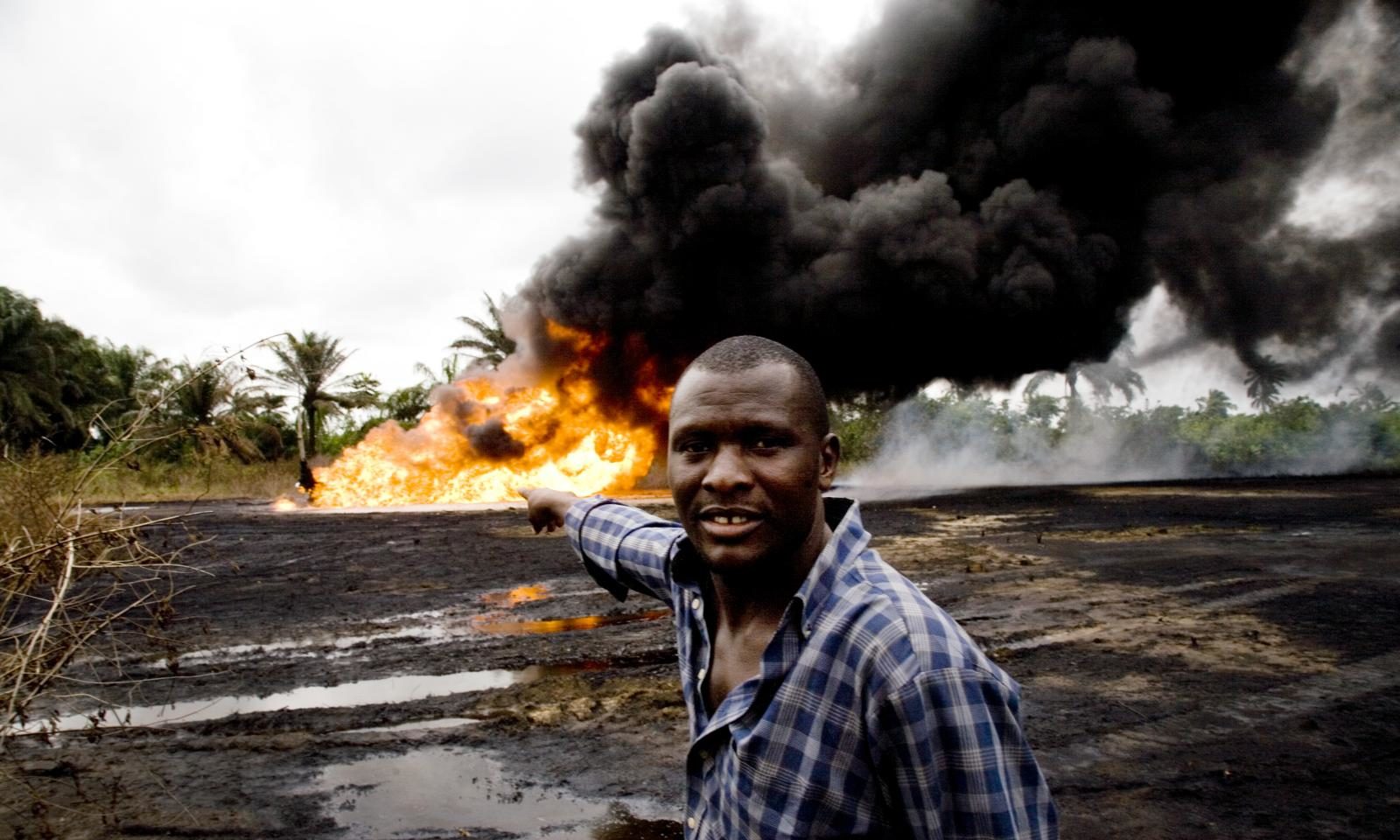
Shell’s legacy of toxic spills in the Niger Delta
Shell spills oil all over Nigeria, fails to clean it up, and tries to hide the damage…
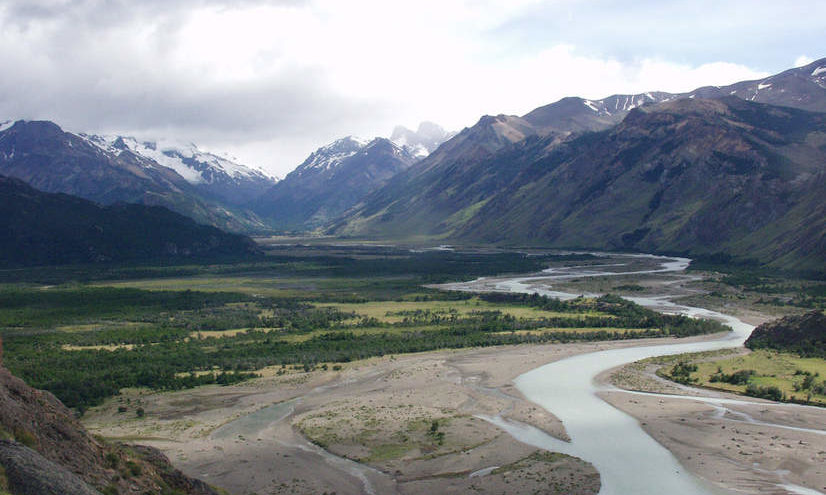
BP starts fracking Argentinian ‘carbon bomb’
BP’s fracking in Argentina faces strong opposition from local people, including Indigenous Mapuche communities. Argentina has the world’s second biggest reserve of shale gas after China, with resources concentrated in the highlands of Vaca Muerta which has been dubbed a ‘carbon bomb’.
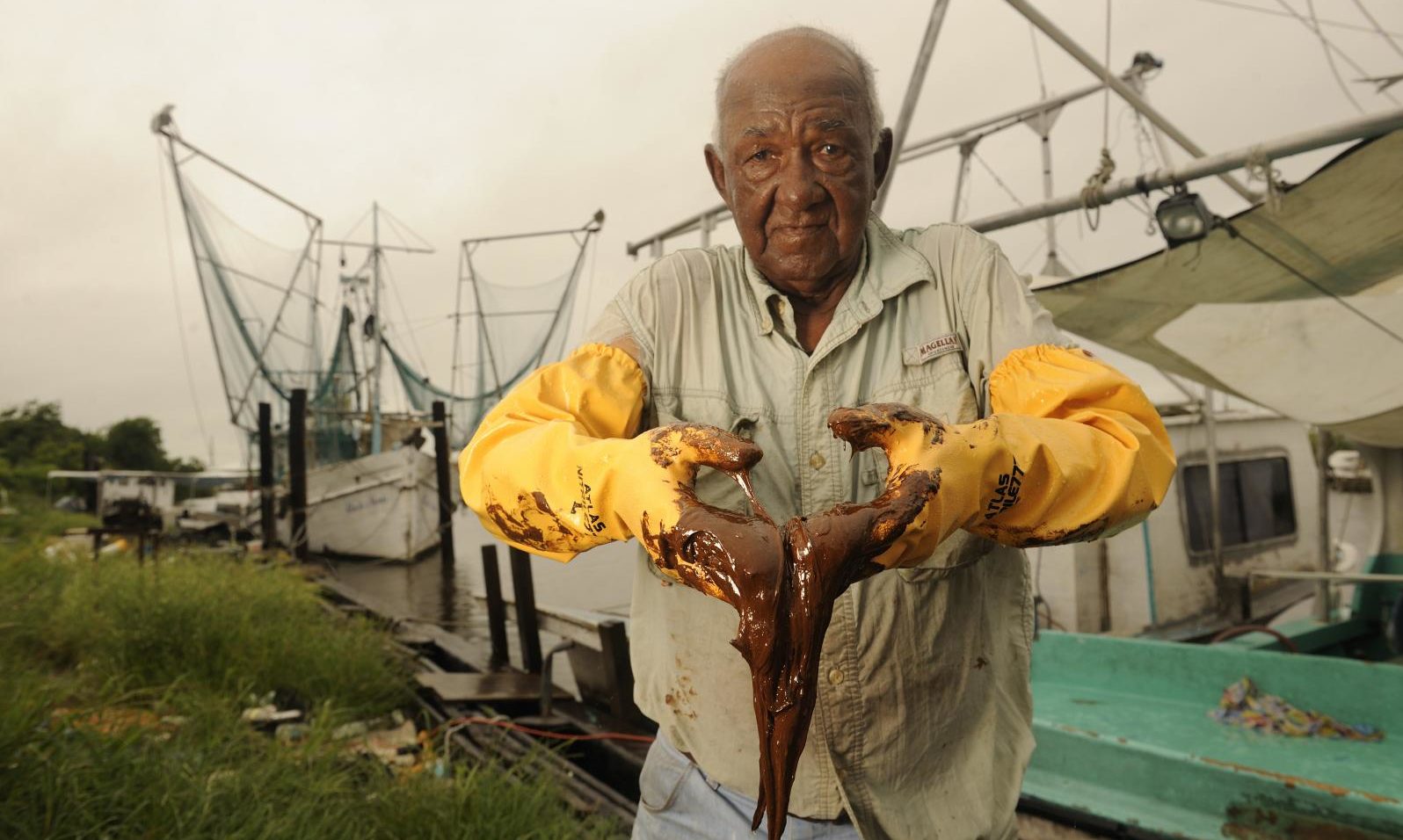
Dodging responsibility for Deepwater Horizon
Eight years ago, the Deepwater Horizon oil rig exploded, causing the largest marine oil spill in history. BP was ultimately deemed to be responsible for the disaster — but at the time, you wouldn’t have known it.
